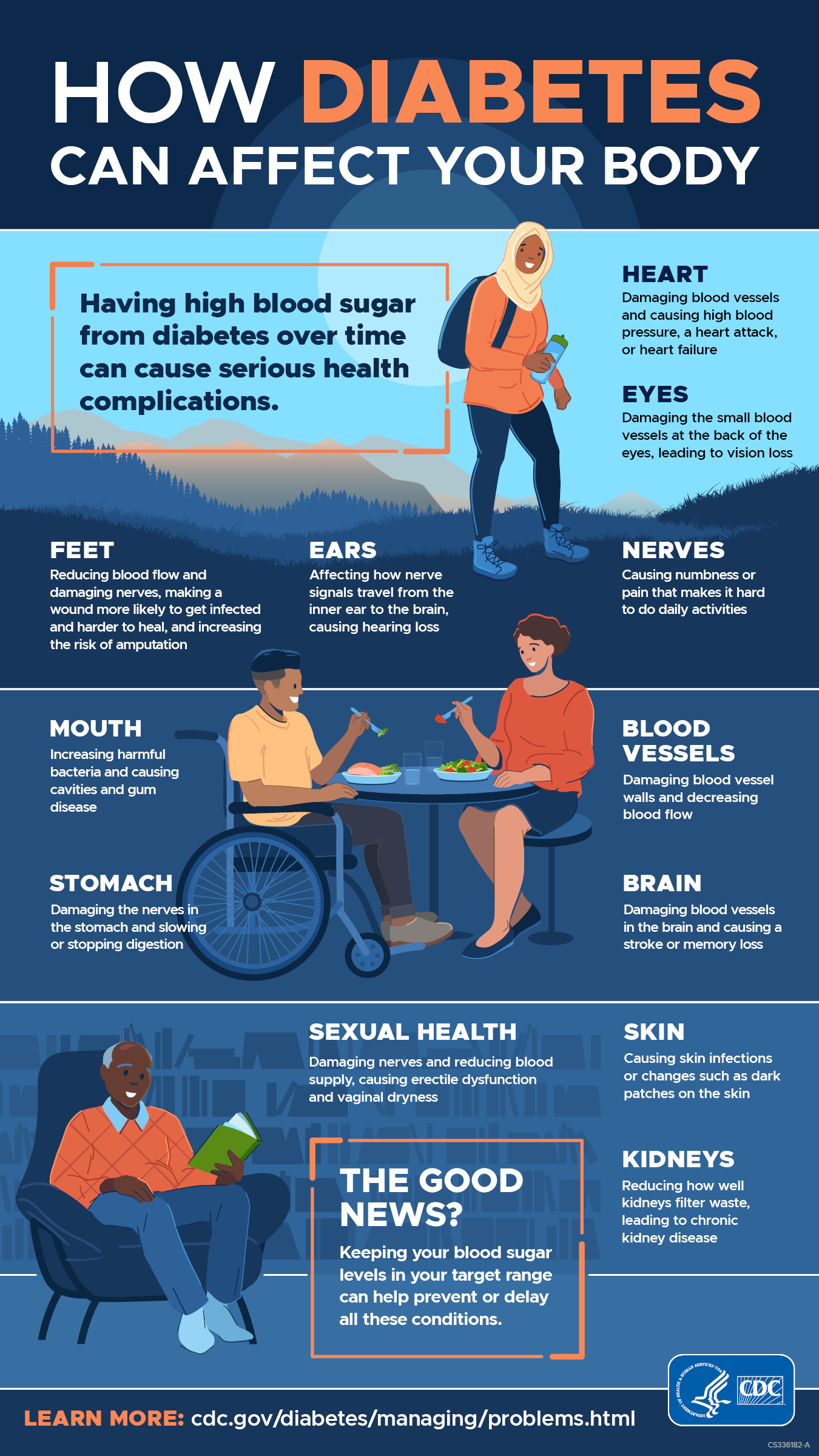Adult Health
Adult Health
Overview
Public Health offers adult health educational programs that are self-lead and monitored along with nursing support. These programs are centered around lifestyle changes and leading yourself to better health.
Healthy Heart Ambassador Self Monitored Blood Pressure Program:
This program is a 4 month long program that includes 10 minute consultations during office hours with a nurse and monthly nutrition education seminars.
High blood pressure (also referred to as hypertension) is the force at which your blood is flowing through your blood vessels. If you are diagnosed with high blood pressure, your doctor may recommend monitoring your blood pressure numbers at home in addition to regular health care visits. If left undetected or uncontrolled high blood pressure can lead to:
-HEART ATTACK
-STROKE
-HEART FAILURE
-KIDNEY DISEASE
-VISION LOSS
-SEXUAL DYSFUNCTION
Invest in your own health and check your eligibility through the Healthy Heart Ambassador Program.
Check out blood pressure cuffs from Public Health or the Public Library.
.png)
Diabetes Management:
Diabetes is a group of diseases characterized by high blood sugar. When a person has diabetes, the body either does not make enough insulin, or is unable to use its own insulin well.
Prediabetes does not always progress to type 2 diabetes. Appropriate lifestyle interventions, including dietary changes and increased physical activity, can prevent this progression. Individualized nutrition therapy can help with prediabetes or type 2 diabetes hit target levels of blood glucose, blood pressure, and lipids, as well as achieve weight loss goals.
Engaging in at least 150 minutes a week of moderate-intensity physical activity can improve insulin sensitivity, glycemic control, lipids, and blood pressure, as well as reduce the risk for cardiovascular disease.
Call us for an appointment to have your hemoglobin A1C testing done. Cost is $40.00.
Take the diabetes assessment to calculate your risk of prediabetes

